UPDATED: This article was updated on Feb. 16 to include the results of the Board of Trust’s Audit Committee findings.
CORRECTION: This article was corrected to accurately reflect endowment profits for 2021 and Chancellor Daniel Diermeier’s job history.
A complaint was filed with Vanderbilt’s Office of Conflict of Interest (COI) and Commitment Management on Jan. 30 requesting an investigation surrounding allegations that Diermeier concealed his connections to the fossil fuel industry. The report states that he could have issued directions concerning university investments to improve his own companies’ profit, violating his “primary obligations” to the university as chancellor.
On Feb. 9, the university released the findings of the Board of Trust’s Audit Committee. The committee did not find a conflict of interest and found Diermeier properly disclosed all relevant information.
A press release on Divest Vanderbilt’s website states that “a Vanderbilt community member partnered with DoresDivest” submitted the complaint. Isaiah Maynard, sophomore representative of Dores Divest, also told The Hustler that a “small cohort” of Dores Divest members gathered the information detailed in the complaint.
The Office of COI and Commitment Management and Diermeier did not immediately respond to The Hustler’s requests for comment. However, a university spokesperson emailed a university statement to The Hustler.
“We have received a complaint,” the statement reads. “We have a robust process for assessing potential conflicts and will follow our established protocols as we review the matter.”
Per university policy, a conflict of interest (COI) arises when an individual in the Vanderbilt community stands to gain a financial or personal advantage as a result of their role within the university. Diermeier has never mentioned his personal relations to gas companies to The Hustler.
“A Conflict of Interest refers to a situation in which an individual’s financial, professional, or other personal considerations may directly or indirectly affect, or have the appearance of affecting, an individual’s professional judgment in exercising any University duty or responsibility, including the conduct or reporting of research,” the policy details.
Allegations
The filing claims that Diermeier may be guilty of a COI by not excusing himself from deliberations regarding fossil fuel divestment. As precedent for this policy, the complaint cites a Harvard Corporation member’s decision to exclude himself from fossil fuel divestment discussions due to representing ExxonMobile externally.
Another aspect of the complaint involves Diermeier’s apparent business, Novo Aurelius LLC. Formed in Delaware, the LLC was filed with the Tennessee Secretary of State on Aug. 12, 2020, under Diermeier’s name. Diermeier Consulting LLC, Anatta Holdings, LLC, Sunyata Holdings LLC, Kleonomics LLC, Domicile LLC, Workplace Analytics LLC and Launch Education LLC were all filed on March 16, 2021, to the same Nashville mailing address as Novo Aurelius LLC. These companies were all originally filed in Illinois and share Novo Aurelius LLC as their principal office. However, only Novo Aurelius LLC lists Diermeier as a founder.
The complaint alleges that Diermeier Consulting LLC’s clients include Shell, ExxonMobil, BP, Enbridge and other gas companies. The Hustler has been unable to independently verify this list of clients for Diermeier Consulting LLC. However, Diermeier’s Curriculum Vitae (CV) includes these companies and others in the Advisory section of Outside Activities. The CV reads that he is an “advisor in the areas of crisis management, business and politics, reputation management, political” with these, and other entities, as clients. Diermeier’s university biography also does not name any oil or gas companies in the list of his advisors.
According to Vanderbilt’s 2021 Financial Report, 23% of the university’s endowment is allocated to global equities, amounting to $2,618,367,000 in profit. The report states that global equities partially consist of U.S. markets. Currently, 21 energy companies are part of the S&P 500, including ExxonMobil. Natural resources, which the report defines in part as “oil and gas production” comprised 4% ($495,264,000) of the endowment’s allocation in 2021.
Diermeier began at Vanderbilt on July 1, 2020, after he held various administrative positions over six years at the University of Chicago. Diermeier is a member of the Investment Committee on the Board of Trust, as are all chancellors per the Board of Trust bylaws. The committee is responsible for managing the university’s endowment.
Diermeier has repeatedly told The Hustler that the university’s investment in fossil fuels is “neutral” and that investment decisions are made to establish an endowment to best support university endeavors.
“As a chancellor of the university, I have to think about any policy issues and the issue of climate change from the point of view of a university and how a university should respond to that, not as a political entity,” Diermeier said in a Dec. 8 interview with The Hustler.
The complaint details that Diermeier virtually spoke at the 2020 International Pipeline Conference Executive Leadership Panel on Sept. 30, 2020. Dubbed “Managing Perceptions,” the annual event promoted “technical knowledge transfer within the energy pipeline industry.” ExxonMobil, TransGas, Enbridge and other gas companies listed as some of Diermeier’s advisory clients participated in the 2020 corporate panel.
The complaint also reads that it is unknown whether Diermeier was compensated for his participation in the panel. Vanderbilt’s COI policy designates a $5,000 threshold for a payment to be classified as an external “significant financial interest.”
Requests
The complaint requests an investigation by the Office of Conflict of Interest and Commitment Management into Diermeier’s disclosure of all external financial involvement that could create a conflict of interest. Additionally, it asks for an investigation into whether that disclosure was “timely” enough to allow for an “accurate and objective evaluation” before he engaged in financial decisions, metrics put forth in the COI policy.
The complaint further calls for a “new independently appointed” University Conflicts Committee to handle the investigation as part of the Office of COI and Commitment Management. It then asks this committee to report its findings to the Audit Committee of the Board of Trust and the outcome be made publicly available.
“The existing statute Article V Section A currently grants the Chancellor the power to appoint members of the University Conflicts Committee, which may lead to the appearance of an illegitimate evaluation of DIERMEIER’s COI Case,” the complaint reads.
If the Office of Conflict of Interest and Commitment Management finds that a COI exists with Diermeier’s external business holdings, there may be a consideration to remove Diermeier from the Board of Trust, per Chapter 1, Section A.6 of their current bylaws. However, according to the complaint, the bylaws imply grounds for the removal of Diermeier from his position as chancellor if a COI is found.
A protest with regards to the complaint was held by Dores Divest from 3-4 p.m. CST on Jan. 31 at the Faculty Commons on 1101 19th Avenue South. Maynard said around 15 students were in attendance at the protest, including himself. He said he believes Diermeier should recuse himself from future conversations regarding divestment.
“It’s pretty infuriating because obviously, he holds the most authority in terms of dictating where the university goes in terms of our sustainable efforts and other necessary reforms,” Maynard said. “To find out that he’s got this money pool coming in from fossil fuel companies basically means that the sort of serious sustainable change we need becomes extremely unlikely.”

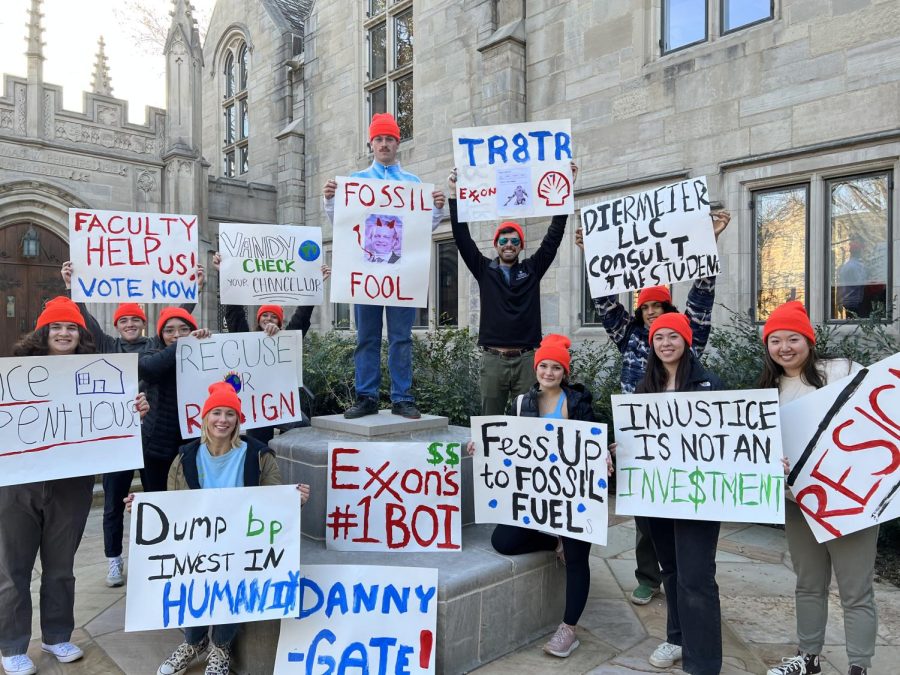


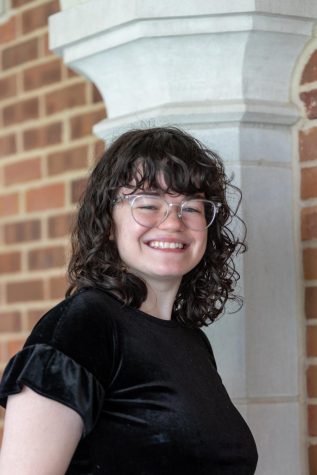
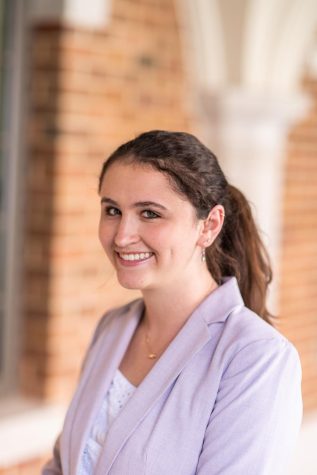
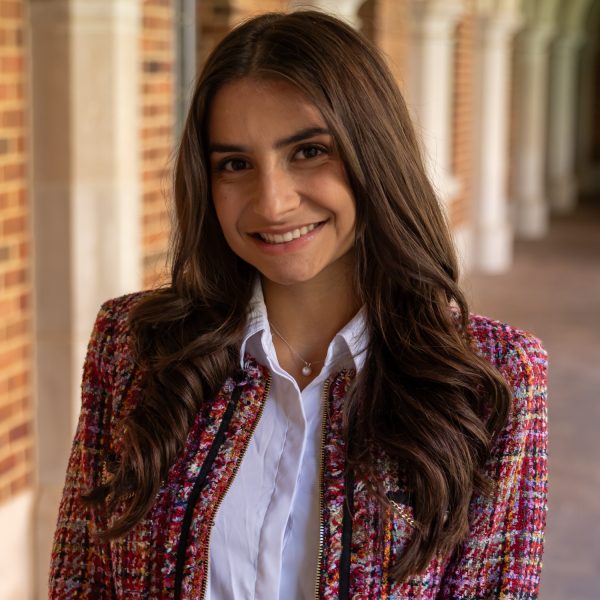
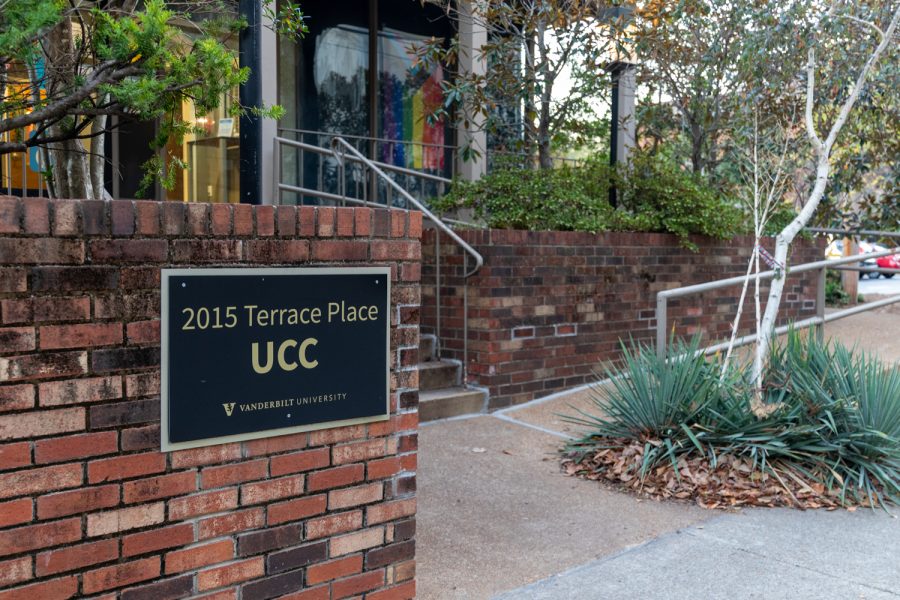
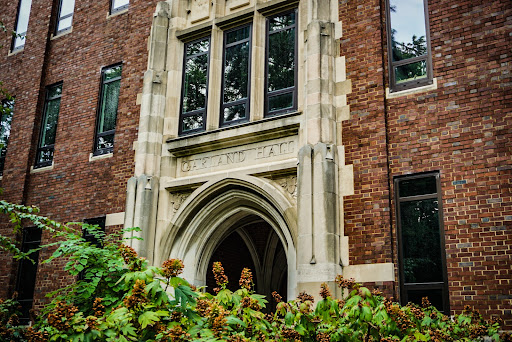
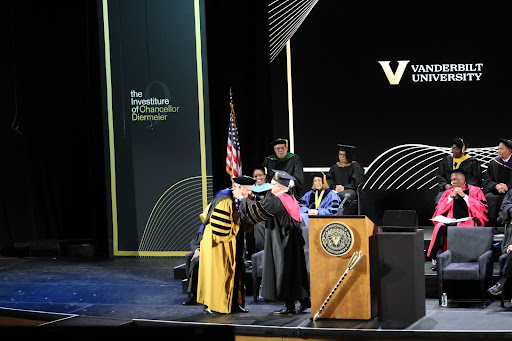

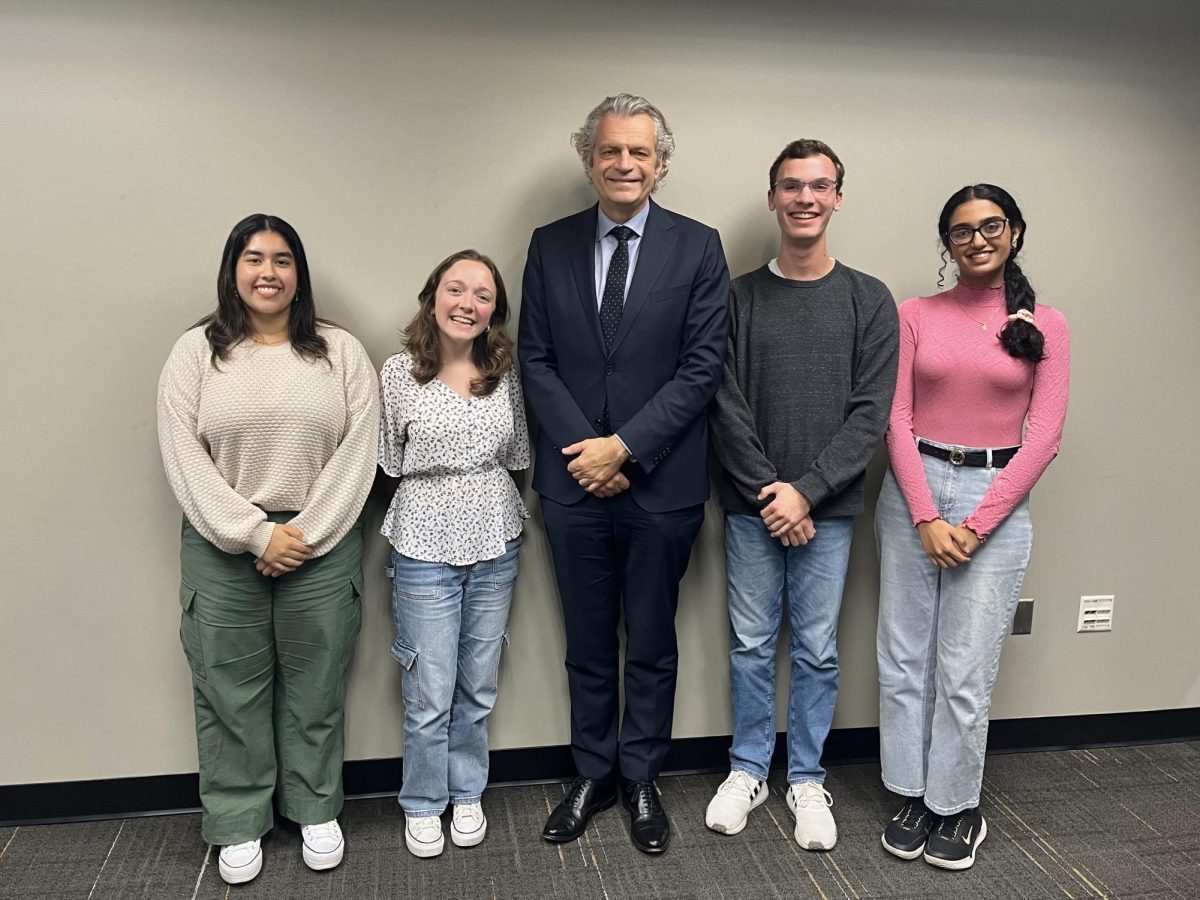
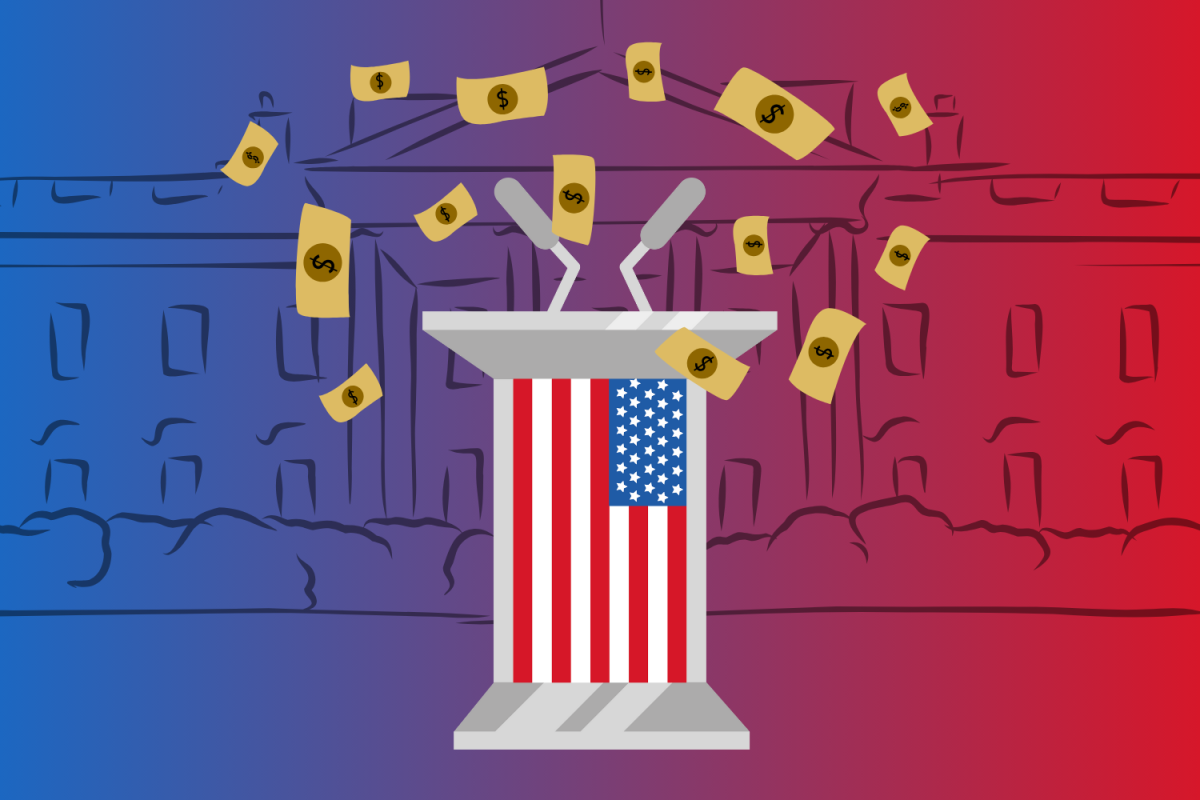
anon • Feb 1, 2022 at 10:56 am CST
dont hate the player hate the game
Oliver • Feb 1, 2022 at 12:29 am CST
Excellent and courageous reporting: many thanks. Please expand your researches into similar abuses of trust and conflicts of interest during the Zeppos years, especially in view of the recent Federal lawsuit over campus price fixing.
Divest • Feb 1, 2022 at 2:52 pm CST
Agreed that this investigation should be extended into the Zeppos admin but this investigation was done by the Divest Dores team, not the hustler. The Hustler doesn’t seem to do a lot of investigative reporting.